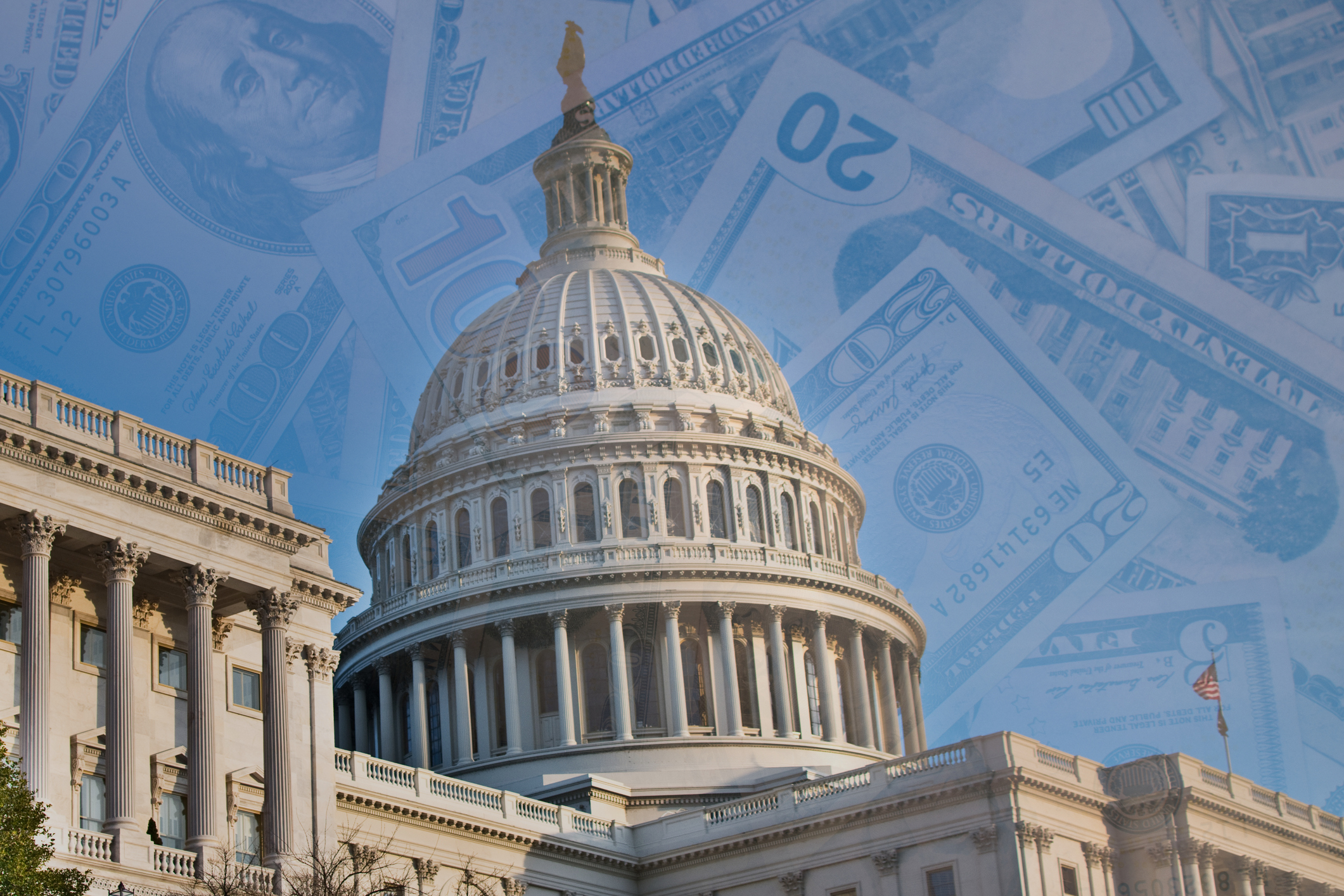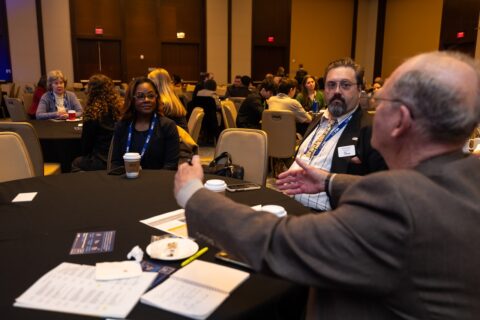Over the past two years, the National League of Cities (NLC) has been actively working with both Congress and the Office of Management and Budget (OMB) to improve the ability for local governments to manage the life cycle of federal grants, making more federal grants attainable for cities and towns regardless of size. In response to these efforts, the White House announced the final OMB Guidance for Federal Financial Assistance this past spring, which sets the foundational requirements for agencies in making grants and providing other forms of federal financial assistance, such as cooperative agreements and loans.
This guidance focuses on streamlining, simplifying and making more accessible the processes, systems and standards associated with the federal grants process. On Oct. 1, 2024, the updated guidance to the Uniform Grants Guidance officially went into effect. These changes mean that cities can invest more money and time into their projects rather than administrative overhead.
Highlights from the revisions include:
- More Readable Notice of Funding Opportunities (NOFO): NOFOs must be standardized, simplified, written in “plain English,” have an executive summary and be accessible on grants.gov (Timeline for implementation: 2024-2026).
- Increase in Threshold Amounts: The Uniform Grants Guidance contains thresholds for how recipients must manage their federal funds. The Uniform Grants Guidance 2024 Revision increases a variety of these thresholds to reduce burden, including:
- Single Audit Threshold: Increased the level at which a recipient of federal funds is required to conduct a single audit or a program-specific audit.
- Current: $750,000
- Revised: $1,000,000
- Equipment: Increased the value of equipment that at the end of the grant period “may be retained, sold, or otherwise disposed of with no further responsibility to the Federal agency.”
- Current: $5,000
- Revised: $10,000
- Supplies (Unused): Increased the value of unused supplies that recipients of federal funds are required to sell at the end of the grant award period, as well as clarifying that this amount is the total amount of remaining unused supplies, not just like items.
- Current: $5,000
- Revised: $10,000
- De Minimus Indirect Cost Rate: Increased the maximum rate that recipients of federal funds may use for indirect costs without negotiating an alternative rate with the relevant federal agency. (The de minimis rate is the percentage of the Modified Total Direct Cost (MTDC) that can be used by entities who do not have a negotiated Indirect Cost Agreement. Examples of indirect costs include office space rental, utilities, and clerical and managerial staff salaries.)
- Current: 10% MTDC
- Revised: 15% MTDC
- Fixed Amount Subawards: Increased the amount of fixed amount subawards that a recipient may provide with prior written approval from the federal agency.
- Current: $250,000
- Revised: $500,000
- Calculating Indirect Costs: Increases the amount of subawards that recipients can apply to their indirect rate.
- Current: $25,000
- Revised: $50,000
- Geographic Preference Ban Lifted: The ban on geographic preference was removed so cities can prioritize workers and small businesses in their communities.
- Focus on Family-Sustaining Jobs: Cities can now reward bidders for job quality metrics such as wages and benefits.
- Targeted Hiring Allowed: Hiring efforts can now target disadvantaged communities, including workers of color and women, to advance equity and access to quality jobs.
- Sustainability Focused: Federal grantees are encouraged to purchase goods and services from private contractors that emphasize environmentally sustainable practices and products.
- Required Cost-Benefit Analysis: Federal grantees are required to conduct cost-benefit analyses before contracting out public services to private firms.
The new guidance is effective for awards (or modifications) issued on or after Oct. 1, 2024. This is important to keep in mind, because your city may have to follow different rules for grants already awarded and in place, and for new grants awarded after Oct. 1, 2024. NLC recommends that cities begin to update their policies and procedures to account for increased thresholds and de minimus and revised audit requirements.
This is the most substantial revision to the Uniform Grants Guidance since it went into effect ten years ago and reflects significant input from over 50 federal agencies, as well as states, local governments, tribal organizations, nonprofits, colleges, universities and companies. NLC submitted two rounds of comments to the OMB as they finalized this guidance to provide city-specific points of view.
Uniform Guidance Webinar
NLC hosted a webinar on the revised Uniform Guidance on Aug. 13, 2024. Listen to a recording of the webinar and access additional resources.









